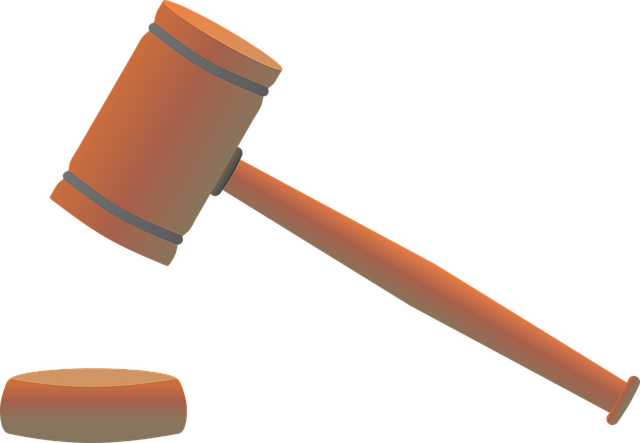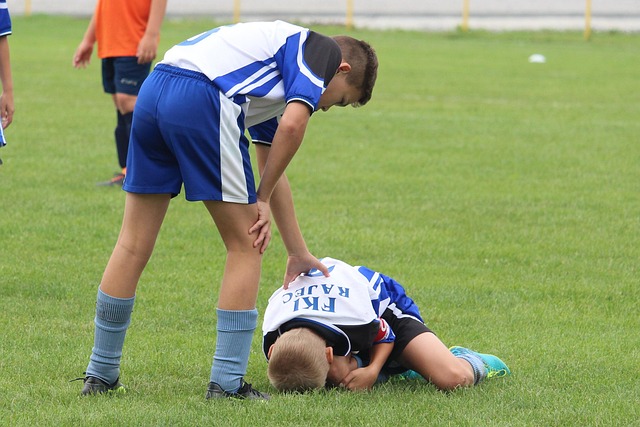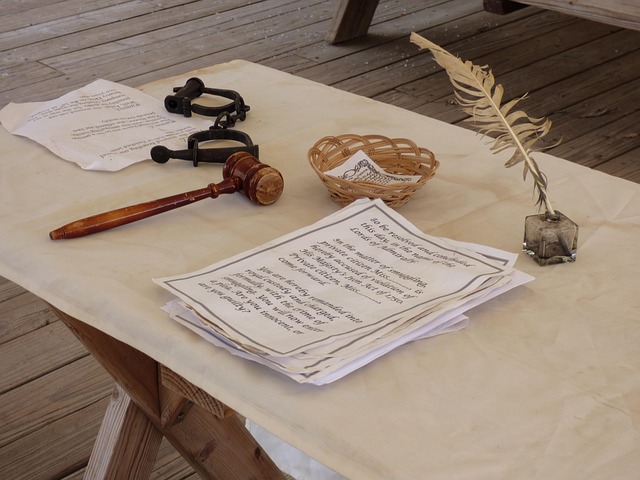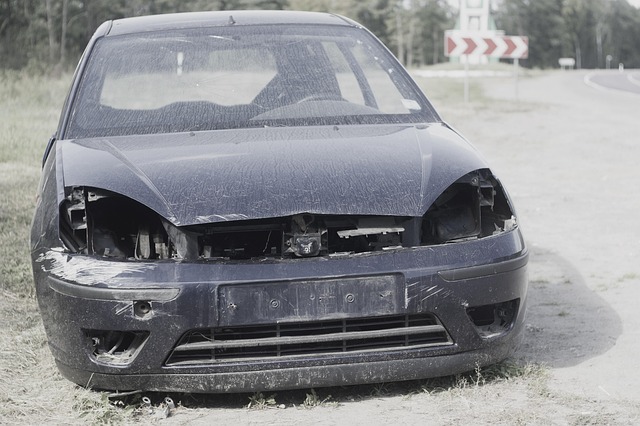Facing an office injury? An office injury lawyer is crucial for navigating complex legal processes, understanding rights, and ensuring fair compensation for medical bills and lost wages. They help build a compelling case through meticulous record-keeping (documenting incidents, gathering evidence like photos, preserving medical records) and effective communication to achieve favorable outcomes.
Navigating an office injury claim can be daunting, but with the right guidance, you can ensure a successful outcome. This article provides essential tips for working collaboratively with an office injury lawyer. By understanding your rights, gathering robust evidence, and maintaining open communication, you’ll build a strong case. Whether documenting medical treatments or recounting work conditions, each step matters. Remember, your lawyer is your ally, so actively participate in the process.
- Understanding Your Rights: What to Expect from an Office Injury Lawyer
- Building a Strong Case: Gathering Evidence and Documenting Your Injury
- Effective Communication: Tips for Collaborating with Your Legal Representative
Understanding Your Rights: What to Expect from an Office Injury Lawyer

When you’re facing an office injury, navigating legal processes can seem daunting. Understanding your rights is a crucial step in this journey. An office injury lawyer is there to guide you through this complex landscape and ensure you receive fair compensation for your injuries. They will explain the legal options available to you, including personal injury claims against your employer or others responsible for the accident.
These lawyers have in-depth knowledge of workers’ compensation laws and insurance coverage dispute regulations. They can help you determine whether your workplace provided adequate safety measures and advise on pursuing damages if necessary. An office injury lawyer will fight for your rights, ensuring you’re not left with mounting medical bills and lost wages due to someone else’s negligence.
Building a Strong Case: Gathering Evidence and Documenting Your Injury

Building a strong case for compensation after an office injury requires meticulous documentation and gathering of evidence. As soon as possible after the incident, start collecting relevant information that can support your claim. This includes taking detailed notes about the circumstances leading up to and surrounding the injury, such as how the accident occurred and any safety violations or negligence you believe contributed.
Take photographs of your injuries, the scene where the accident happened, and any equipment or conditions that may have played a role. Keep all medical records, including hospital reports, doctor’s notes, and bills related to treatment for your injury. These documents can be crucial in demonstrating the extent of your damages and the responsibility of others involved, potentially helping you secure a favorable outcome from an office injury lawyer and ensuring you receive the compensation you deserve for medical negligence or breach of fiduciary duty in commercial disputes.
Effective Communication: Tips for Collaborating with Your Legal Representative

Effective communication is key when working with an office injury lawyer to ensure a successful outcome for your case. Regular and open dialogue with your legal representative allows them to understand the intricacies of your situation, including any unique challenges or concerns. This two-way conversation facilitates a more tailored approach to building a strong case.
When collaborating with your attorney, provide detailed information about the accident, including dates, locations, and any resulting injuries or damages. Be transparent about medical treatments, diagnoses, and bills related to the incident. Additionally, discuss your expectations for the case and any specific goals you hope to achieve through pursuing an accident settlement or addressing medical negligence or caregiver negligence.
When navigating an office injury claim, having the right legal support is key. By understanding your rights, gathering comprehensive evidence, and fostering open communication with your office injury lawyer, you can ensure a successful outcome. Remember, their expertise lies in advocating for your best interests, so collaborate closely to build a compelling case and secure the compensation you deserve.






